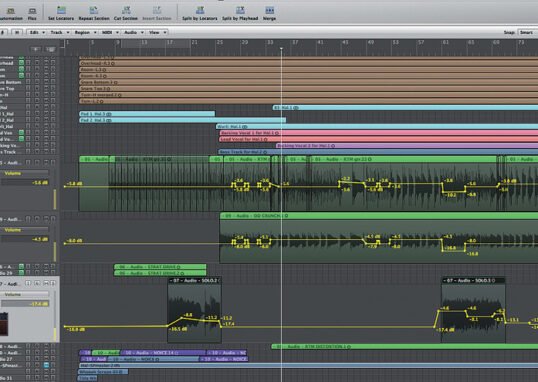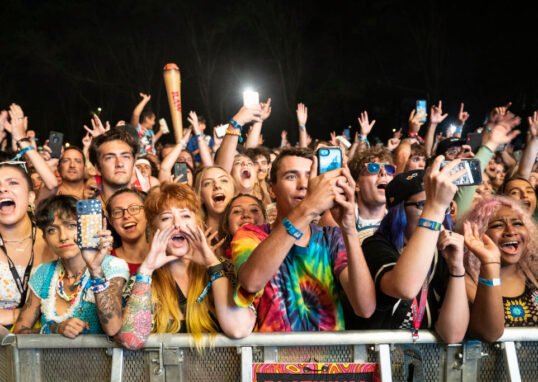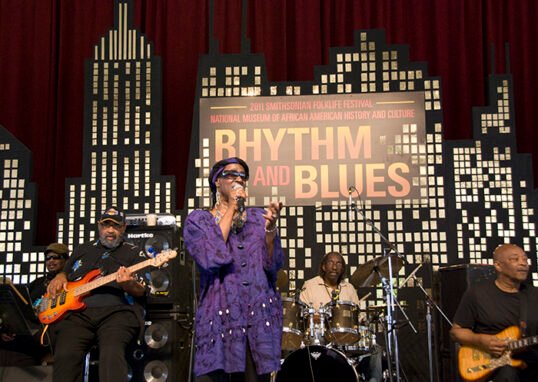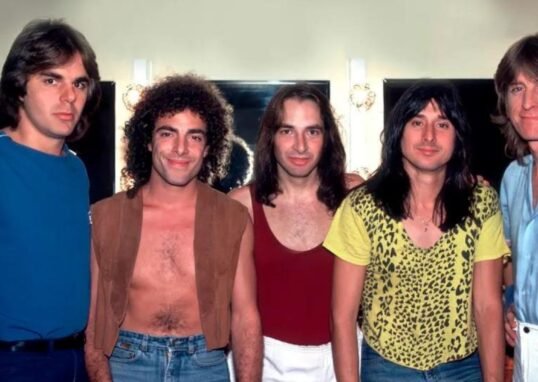
Rock music has long been a powerful vehicle for political expression and social change. From the rebellious anthems of the 1960s to the protest songs of the modern era, rock has played a significant role in shaping and reflecting political movements. This exploration highlights how rock music and political movements and societal shifts.
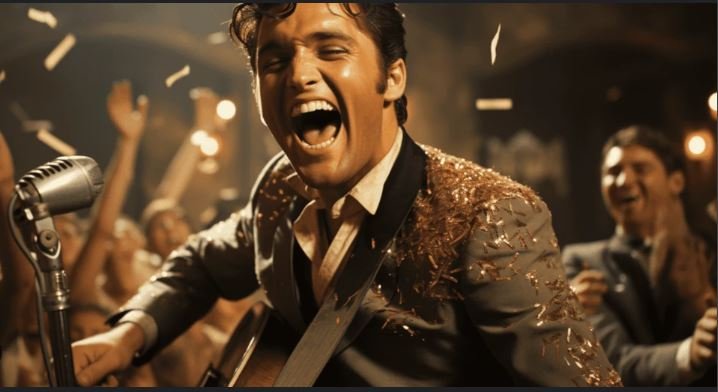
Rock Music as a Voice of Rebellion
Firstly, the origins of rock music in the 1950s and 1960s coincided with significant social and political upheaval. Artists like Elvis Presley and Chuck Berry used their music to challenge societal norms and break away from traditional musical forms. As rock evolved, it became a vehicle for expressing dissent and challenging the status quo. The genre’s rebellious spirit resonated with the countercultural movements of the 1960s, including the anti-Vietnam War protests and the civil rights movement.
The Anti-War Movement
Moreover, rock music became a prominent part of the anti-war movement during the Vietnam War era. Songs like Bob Dylan’s “Blowin’ in the Wind” and Creedence Clearwater Revival’s “Fortunate Son” voiced opposition to the war and criticized the government’s policies. These songs became anthems for the anti-war protests, reflecting the growing disillusionment among the youth and the broader population. The music captured the sentiments of a generation that questioned authority and sought change.
The Punk Rock Revolution
Additionally, the punk rock movement of the late 1970s and early 1980s marked a new wave of political activism within rock music. Bands like The Clash, Sex Pistols, and Dead Kennedys used their music to address issues such as unemployment, government corruption, and social inequality. Punk rock’s raw, aggressive style and politically charged lyrics challenged the mainstream and provided a voice for disenfranchised youth. The movement’s DIY ethos and anti-establishment stance left a lasting impact on both music and political activism.
Rock Music and Social Justice
Furthermore, in the 1980s and 1990s, rock music continued to engage with social justice issues. Artists like U2 and Bruce Springsteen used their platforms to raise awareness about global issues such as human rights and poverty. U2’s Bono, in particular, became known for his activism, working with organizations like Amnesty International and campaigning for debt relief in Africa. Rock music’s ability to draw attention to social causes helped to mobilize support and foster a sense of global solidarity.
Rock’s Role in the Modern Political Landscape
Moreover, in the 21st century, rock music remains a potent tool for political commentary. Bands like Rage Against the Machine and Green Day have used their music to address contemporary issues such as political corruption, climate change, and social inequality. Songs like Rage Against the Machine’s “Killing in the Name” and Green Day’s “American Idiot” reflect ongoing frustrations with political systems and societal injustices. Rock music continues to serve as a platform for expressing dissent and advocating for change.
The Impact of Rock Music Festivals
Additionally, rock music festivals have also played a role in political activism. Events like Woodstock and Live Aid not only showcased influential music but also served as platforms for political statements and humanitarian causes. Woodstock, in 1969, symbolized the countercultural movement and the desire for peace, while Live Aid, in 1985, raised millions for famine relief in Ethiopia. These festivals highlighted the ability of rock music to unite people for a common cause and drive social change.
Conclusion
In conclusion, rock music has been deeply intertwined with political movements throughout its history. From its early rebellious roots to its ongoing role in addressing social and political issues, rock music has provided a powerful voice for change. Whether through anti-war anthems, punk rock’s defiance, or modern-day activism, rock has demonstrated its capacity to reflect and influence the political landscape. The genre’s ability to capture the spirit of its time ensures that rock music remains a vital force in both cultural and political spheres.


